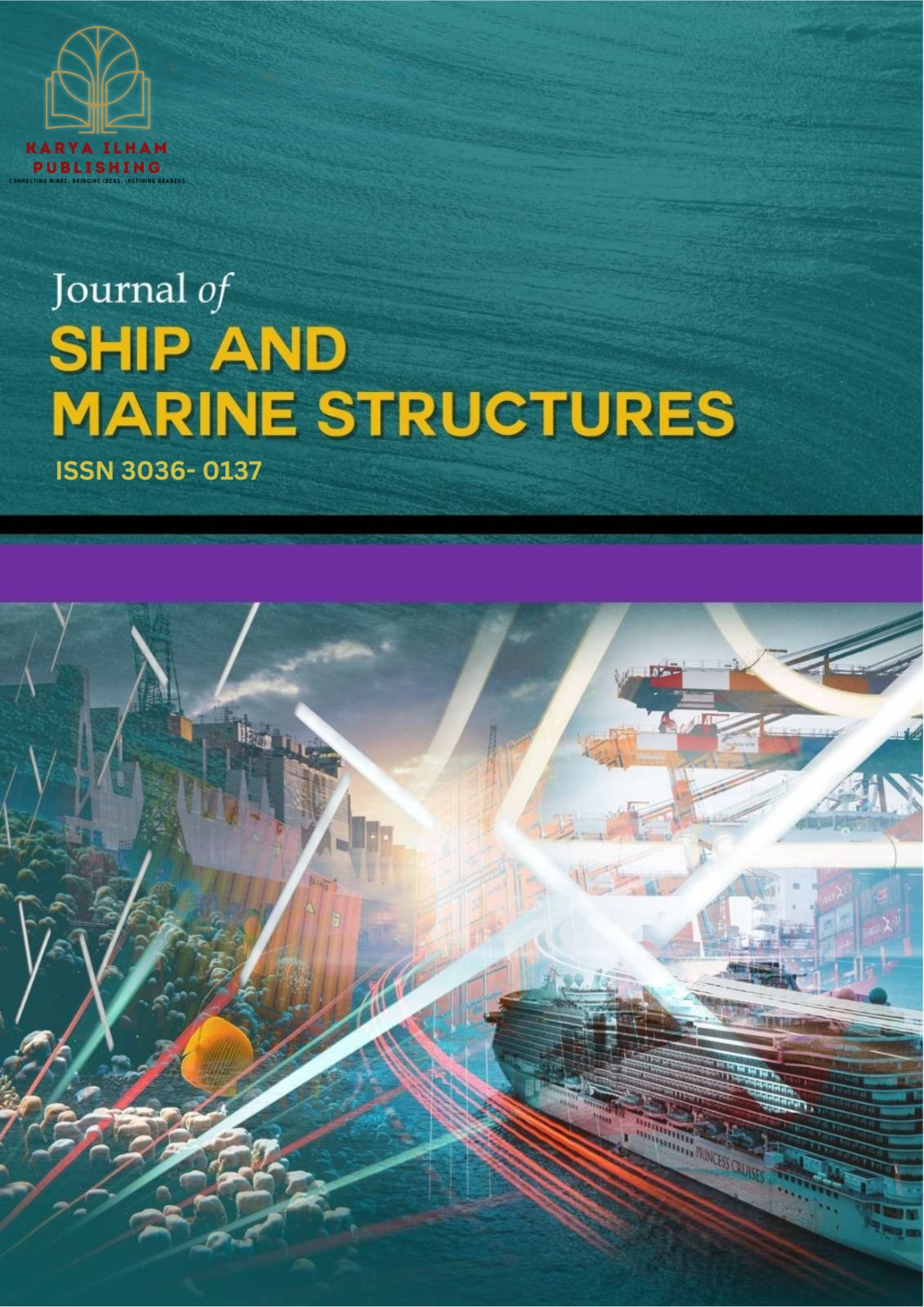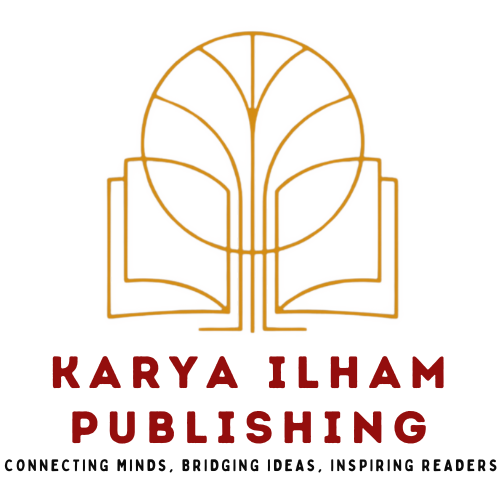Framing Ocean Literacy as a Policy Tool to Address Marine Litter within Sustainability Transitions
Keywords:
Ocean Literacy, marine litter, environmental policy, public engagement, circular economyAbstract
Marine litter persists as a complex global challenge, demanding not only technical solutions but also transformative shifts in public behavior, governance, and education. Ocean Literacy (OL) has emerged as a strategic framework to enhance societal understanding, foster civic engagement, and support sustainable marine policies. This systematic literature review network analysis examines the evolution of OL from an educational initiative into a multidimensional policy tool that advances behavioral change, public participation, and circular economy (CE) principles in combating marine litter. By systematically synthesizing over 60 peer-reviewed articles and policy documents sourced from Scopus-indexed journals and international initiatives such as the UN Decade of Ocean Science for Sustainable Development, this study maps the conceptual development and practical applications of OL across formal education, informal learning, community engagement, and governance contexts. Findings reveal that OL promotes environmental awareness, pro-ocean behavior, intergenerational learning, and local stewardship, contributing to reductions in single-use plastics, improved recycling practices, and enhanced citizen science participation. Furthermore, OL aligns effectively with CE strategies by fostering responsible consumption, reuse, and locally driven marine management. Despite these advancements, significant barriers remain particularly in low-resource settings stemming from structural, institutional, and cultural constraints. Scaling up OL requires inclusive, context-sensitive approaches, investments in teacher training, curriculum development, and community-based initiatives. This review underscores OL’s potential not merely as an educational strategy but as a cross-sectoral policy mechanism to catalyze systemic, equitable, and sustainable solutions to marine litter.










